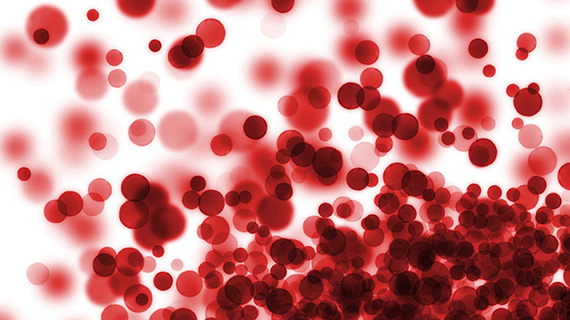Sanofi’s oral BTK programme gets back on track

Sanofi has chalked up another win in a clinical trial of its oral BTK inhibitor rilzabrutinib, setting up regulatory filings in its first indication – rare disorder immune thrombocytopenia (ITP) – later this year in the US and EU.
The new data is important for rilzabrutinib's prospects, as the drug previously fell short in a phase 3 trial involving patients with pemphigus vulgaris, as well as a phase 2 study in atopic dermatitis. However, there was better news for Sanofi in a mid-stage trial in patients with chronic spontaneous urticaria (CSU) earlier this year, with a phase 3 study due to start before the end of 2024.
Sanofi described rilzabrutinib as a “pipeline in a pill” when it acquired the drug as part of its $3.7 billion takeover of Principia Biopharma in 2020, and has said it is one of a series of upcoming launch candidates that could deliver €10 billion in sales by 2030.
The French pharma group is also running clinical trials of the drug in prurigo nodularis – with phase 3 due to start later this year – as well as asthma, IgG4-related disease, and warm autoimmune haemolytic anaemia. Several trial readouts are due in the coming months.
The latest data come from the LUNA 3 trial, which showed that a 400 mg dose of rilzabrutinib given twice daily achieved a durable platelet response in adult patients with persistent or chronic ITP, a condition that causes the immune system to attack blood platelets leading to symptoms like easy bruising and bleeding problems.
The main endpoint of the study was the proportion of participants able to achieve platelet counts at or above 50,000/μL for at least eight out of the last 12 weeks of the 24-week blinded treatment period in the absence of rescue therapy.
Patients in the study had a median baseline platelet count of 15,000/μL – far below the normal range of 150,000 to 450,000/μL – and involved patients who had not responded well to a median of four other drugs for ITP.
Rilzabrutinib also showed benefits on other clinical measures, according to Sanofi, which plans to present the detailed data at a future medical congress. Secondary endpoints in LUNA 3 include rescue therapy use, physical fatigue, and bleeding scores.
The move towards filing for rilzabrutinib’s first indication will allow Sanofi to close the gap with Novartis, which at the moment is a little ahead with its oral BTK inhibitor remibrutinib.
Novartis has already completed a pair of successful phase 3 trials with remibrutinib in CSU, preparing the way for a marketing application, as well as a late-stage trial in inflammatory skin disease hidradenitis suppurativa.













